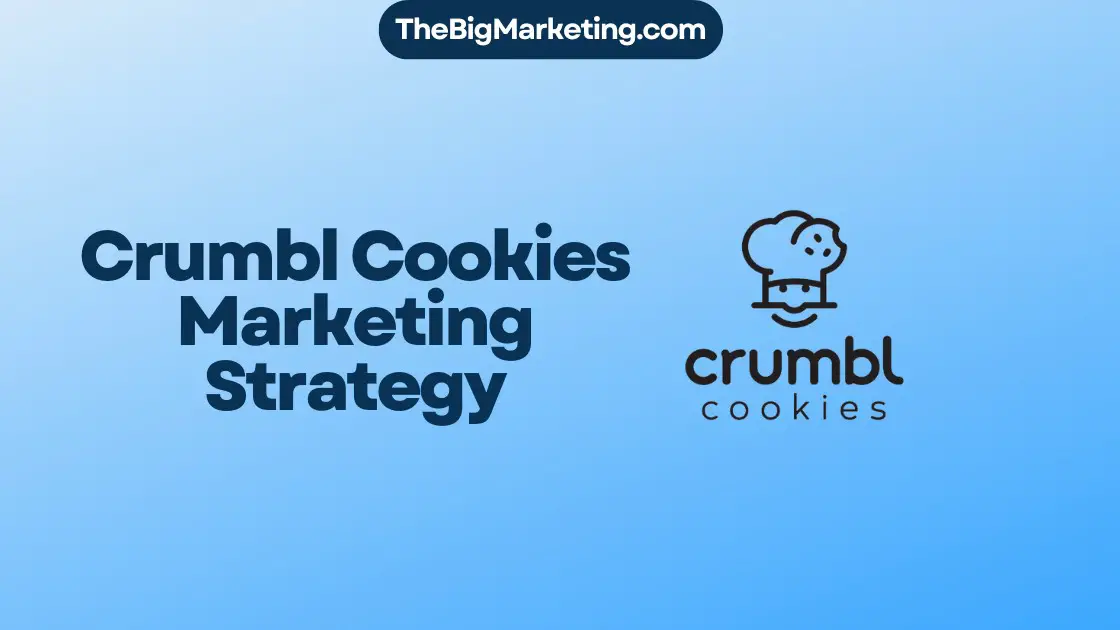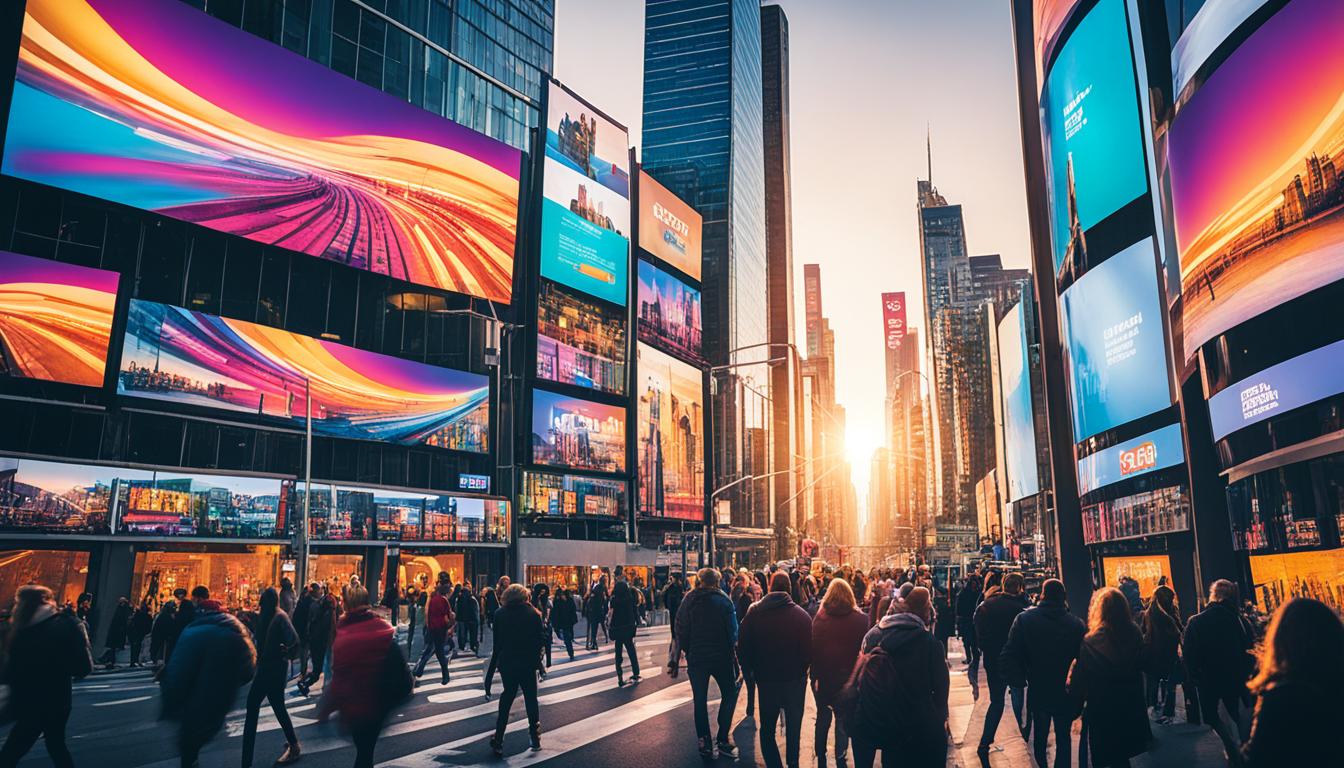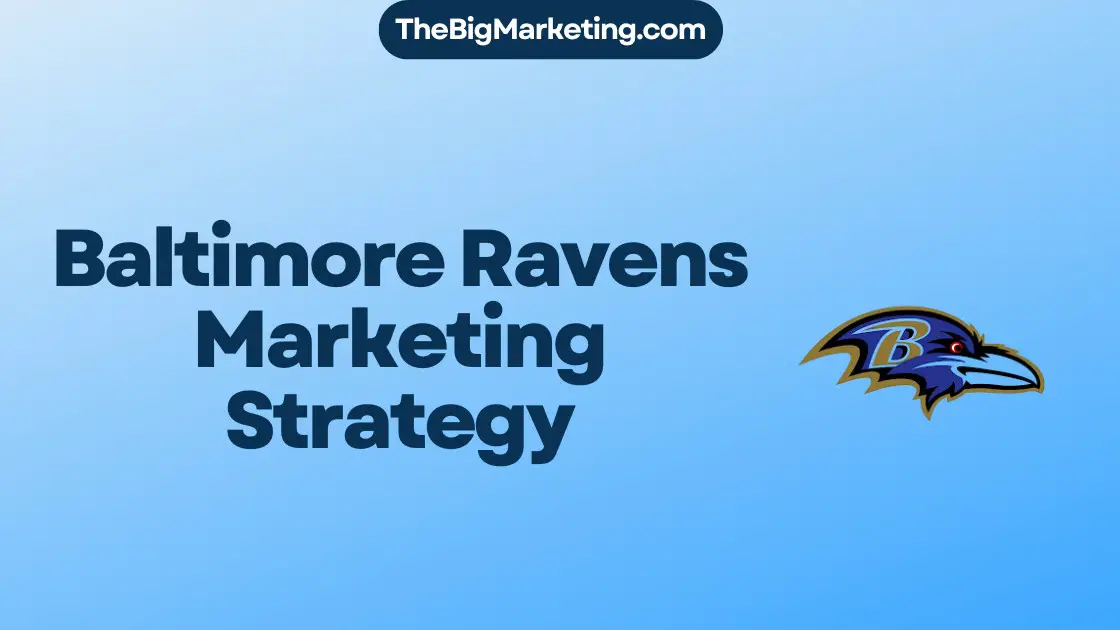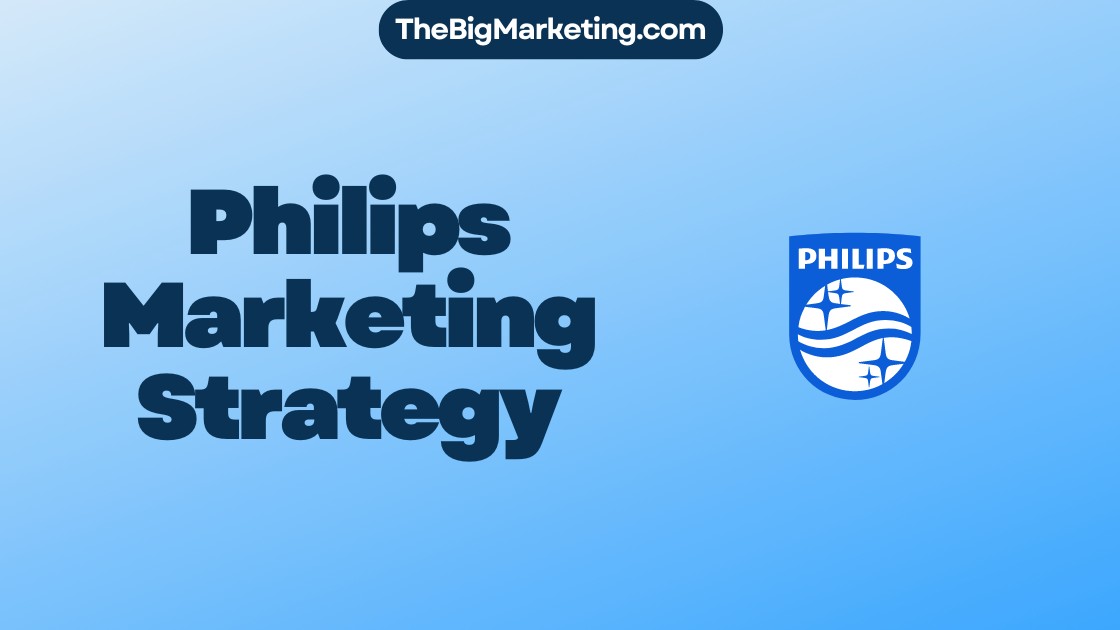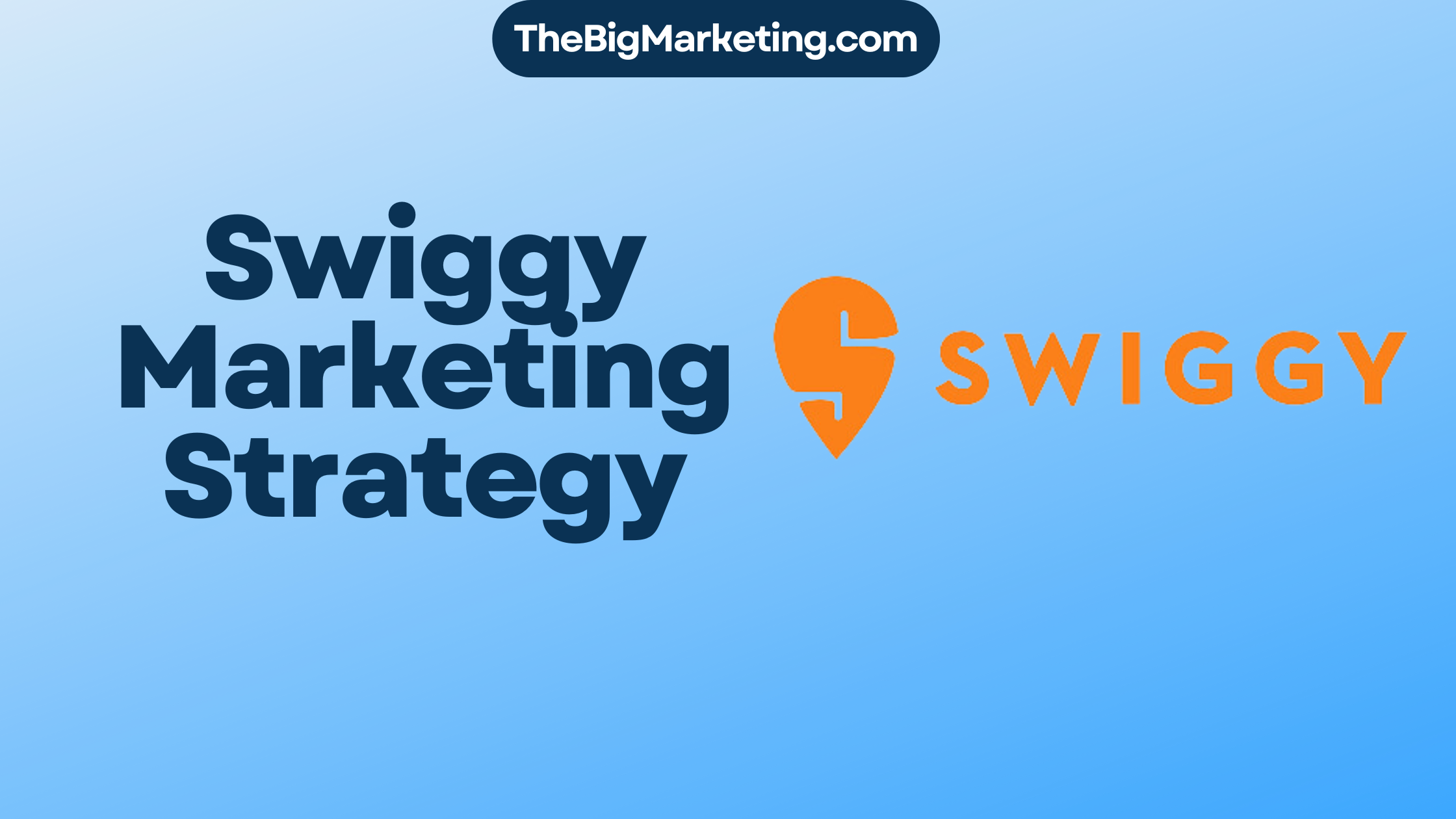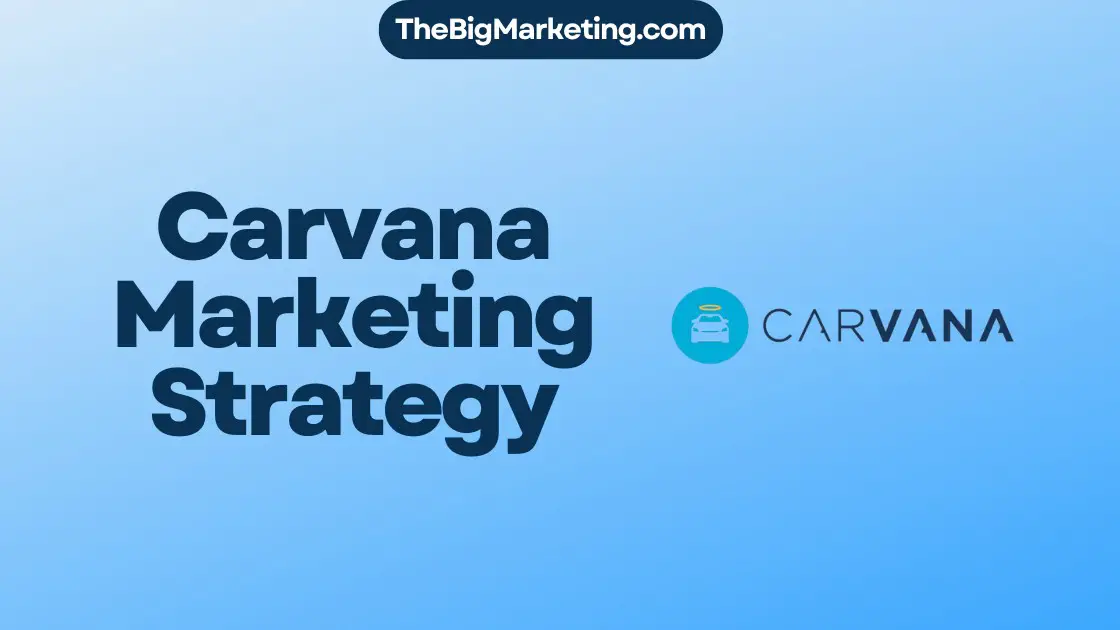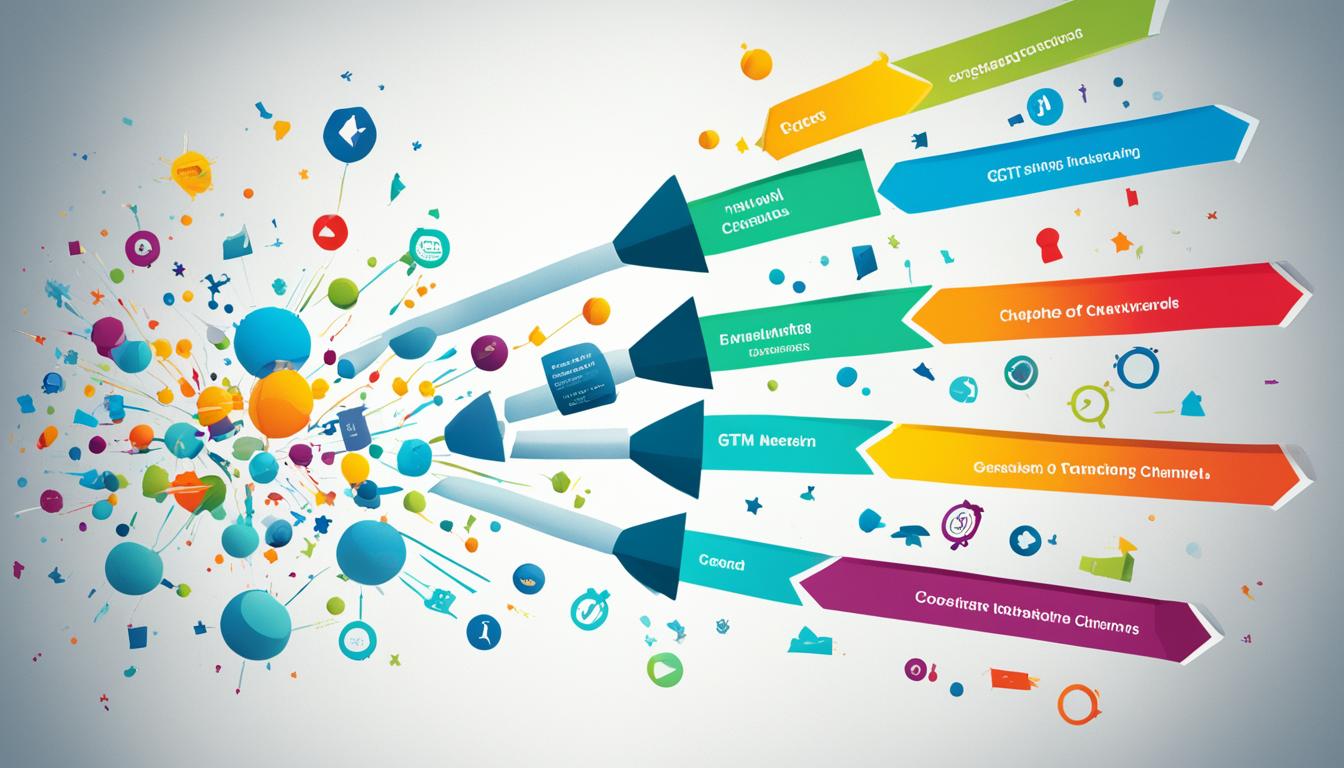The BTS Meal promotion by McDonald’s in 2021 was a social media success story that showcased the power of influencer marketing and celebrity endorsements. By partnering with popular K-pop group BTS, McDonald’s was able to tap into their massive fanbase and generate significant buzz on social media. The meal included the band’s favorite menu items and was targeted towards a younger demographic that is highly active on social media and influenced by celebrities.
Key Takeaways
- The BTS Meal promotion by McDonald’s demonstrated the effectiveness of influencer marketing and celebrity endorsements in generating buzz and engagement.
- Collaborating with popular icons like BTS allows brands to tap into dedicated fanbases and reach a wider audience.
- Targeting younger demographics who are active on social media and influenced by celebrities can lead to increased brand visibility and customer engagement.
- Authenticity and alignment of brand values are crucial in successful celebrity collaborations.
- Innovative marketing strategies, such as brand partnerships, can create unique dining experiences and drive customer loyalty.
The Power of Influencer Marketing and Celebrity Endorsements
The success of the BTS Meal promotion can be attributed to the power of influencer marketing and celebrity endorsements. McDonald’s strategically partnered with BTS, a popular K-pop group with a massive fanbase, to reach their dedicated followers. This collaboration helped McDonald’s generate significant buzz and engagement on social media, as fans lined up to try the meal inspired by the band’s favorite menu items.
Influencer marketing is an effective strategy for reaching niche audiences and gaining valuable feedback on products or services. By leveraging the influence and popularity of key personalities, brands can enhance their brand awareness and connect with their target audience more effectively. Collaborating with influencers allows brands to access their followers and tap into their trust and credibility. Celebrity endorsements, in particular, have a powerful impact on brand perception and can significantly enhance brand reach and recognition.
The Benefits of Influencer Marketing:
- Increased Reach: Influencers have dedicated and engaged followings, allowing brands to expand their reach and connect with audiences that might otherwise be difficult to access.
- Authenticity: Influencers create content that resonates with their followers, making it more authentic and trustworthy compared to traditional advertising.
- Targeted Marketing: Influencers specialize in specific niches, making it easier for brands to target their ideal audience and improve campaign effectiveness.
- Optimized Engagement: Influencer-generated content often results in higher engagement rates, with followers actively liking, commenting, and sharing the content.
- Brand Awareness: Collaborating with influencers can significantly boost brand visibility and awareness among their followers, leading to increased brand recognition and recall.
| Benefits of Influencer Marketing | Influencer marketing allows brands to: |
|---|---|
| 1. Increased Reach | Reach new audiences through influencer’s dedicated followings. |
| 2. Authenticity | Create more authentic and trustworthy brand content. |
| 3. Targeted Marketing | Reach specific niches and target ideal audiences. |
| 4. Optimized Engagement | Increase engagement rates with followers actively interacting. |
| 5. Brand Awareness | Boost brand visibility and recognition among influencer’s followers. |
By harnessing the power of influencer marketing and celebrity endorsements, brands can significantly enhance their brand awareness, engage with their target audience, and drive consumer action. The success of the BTS Meal promotion serves as a testament to the effectiveness of this marketing strategy in capturing attention, creating buzz, and elevating brand perception.
The Impact of Social Media and Fan Engagement
The BTS Meal promotion by McDonald’s capitalized on the power of social media and fan engagement to generate buzz and excitement. In today’s digital age, social media platforms play a significant role in shaping consumer behavior and influencing brand perception. With BTS’s massive global fanbase, known as the BTS Army, McDonald’s strategically leveraged this dedicated fan community to spread the word and create a sense of anticipation around the collaboration.
The BTS Army has a strong presence on various social media platforms, including Twitter, Instagram, and TikTok. Fans actively share content related to the band, engage with fellow fans, and express their love and support for BTS. McDonald’s recognized the potential of harnessing this online activism and encouraged the BTS Army to participate in the promotion through user-generated content.
The brand actively encouraged fans to share their BTS Meal experiences on social media using hashtags like #BTSMeal and #McDonaldsXBTS. This call to action created a sense of community among fans and amplified the reach of the promotion. As a result, social media platforms were flooded with BTS Meal-related content, including posts, photos, videos, and positive experiences shared by fans.
This user-generated content not only increased brand promotion but also served as a powerful endorsement for McDonald’s. By allowing fans to be a part of the promotion and share their experiences, McDonald’s fostered a sense of ownership and connection with the BTS Army. This level of fan engagement further strengthened customer loyalty and created a positive brand perception.
Through social media, McDonald’s was able to create a buzz around the BTS Meal promotion that extended far beyond traditional advertising channels. The viral nature of social media, combined with the passion and enthusiasm of the BTS Army, helped McDonald’s reach a wider audience and expand its brand visibility.
Overall, the impact of social media and fan engagement in the BTS Meal promotion cannot be overstated. By tapping into the power of social media platforms and leveraging the passion of the BTS Army, McDonald’s successfully generated buzz, increased brand promotion, and strengthened customer loyalty.
Social Media and Fan Engagement Benefits:
- Increased brand promotion through user-generated content
- Creation of a sense of community and excitement among fans
- Amplification of brand reach and visibility
- Strengthened customer loyalty and positive brand perception
The Role of Brand Values and Authenticity
Successful collaborations, like the BTS Meal promotion, require alignment of brand values and authenticity. When McDonald’s chose to partner with BTS, they recognized that the band’s brand values and messaging resonated with their own image. This strategic alignment created an authentic collaboration that appealed to both BTS fans and McDonald’s customers.
By choosing influencers and celebrities who align with their brand values, companies can maintain credibility and trust with their audience. The BTS Meal promotion serves as a prime example of how brand values and authenticity can create a powerful marketing strategy that resonates with consumers.
Let’s delve into how this collaboration between McDonald’s and BTS exemplifies the importance of brand values and authenticity in marketing.
Leveraging the Popularity of K-pop and Celebrity Culture
The BTS Meal promotion by McDonald’s is a prime example of leveraging the popularity of K-pop and celebrity culture to enhance brand visibility. In recent years, K-pop has gained immense global popularity, attracting dedicated fanbases and creating high levels of engagement on social media platforms. Recognizing the influence and impact of K-pop, McDonald’s strategically collaborated with BTS, one of the biggest K-pop groups, to tap into their loyal fanbase and create a memorable dining experience.
The collaboration between McDonald’s and BTS allowed for the fusion of two powerful entities: a globally recognized fast food brand and a beloved K-pop group. By effectively leveraging the immense popularity and influence of BTS, McDonald’s was able to significantly increase its brand visibility among a wider audience. This collaboration resonated with fans who eagerly anticipated the BTS Meal and created a sense of excitement and buzz around McDonald’s.
K-pop’s dedicated fanbase extends beyond music, actively engaging with their favorite artists on various social media platforms. McDonald’s recognized the opportunity to tap into this dedicated fanbase and the ensuing social media engagement. In doing so, the brand effectively increased its reach and brand awareness among K-pop enthusiasts and general consumers alike.
Collaborations with celebrities and influential figures from different industries have become a powerful tool in strengthening brand identity and engaging with new audiences. By partnering with BTS, McDonald’s successfully harnessed the influence and popularity of K-pop and celebrity culture, further solidifying its position as an innovative and culturally relevant brand.
| K-pop and Celebrity Culture | Brand Visibility |
|---|---|
| Immense global popularity | Increase in brand visibility among a wider audience |
| Engaged fanbases on social media | Enhancement of brand presence on social media platforms |
| Collaboration opportunities with influential figures | Strengthening brand identity and engaging new audiences |
Innovative Marketing Strategies for Fast Food Chains
The BTS Meal promotion by McDonald’s exemplifies the implementation of innovative marketing strategies in the fast food industry. McDonald’s astutely recognized the potential of celebrity endorsements and influencer marketing to create a buzz and stimulate customer engagement. Through this collaboration, McDonald’s demonstrated the power of venturing beyond traditional approaches and partnering with popular icons to curate unique dining experiences that captivate consumers.
By leveraging the immense popularity of BTS and their dedicated fanbase, McDonald’s successfully tapped into a vast pool of potential customers. The strategic alignment of the fast food giant’s brand with a globally renowned K-pop group allowed them to resonate with a younger demographic, further fueling customer interest and brand affinity. This partnership signifies not only the success of the BTS Meal promotion itself but also serves as a noteworthy case study for other fast food chains seeking to implement similar innovative marketing initiatives.
Brand Partnerships for Enhanced Market Penetration
A key aspect of McDonald’s groundbreaking marketing strategy for the BTS Meal promotion was the establishment of brand partnerships. By collaborating with BTS, McDonald’s not only gained access to the band’s fervent fanbase but also heightened its brand appeal and visibility. This brand partnership exemplifies the potential impact of strategic collaborations between fast food chains and influential figures from different industries.
Through the BTS Meal promotion, McDonald’s successfully positioned itself as a brand that recognizes consumer trends and caters to evolving preferences. This marketing approach paves the way for future partnerships between fast food chains and prominent personalities, fostering innovation, and offering consumers extraordinary experiences that resonate on multiple levels.
| Fast Food Marketing | Innovative Strategies | Brand Partnerships |
|---|---|---|
| Identify social media trends among fast food consumers. | Implement unique collaborations that appeal to target demographics. | Forge alliances with influential figures to amplify brand reach. |
| Utilize interactive digital marketing campaigns. | Create experiential promotions that go beyond traditional offerings. | Partner with celebrities and influencers to enhance brand perception. |
| Optimize social media platforms for effective brand communication. | Adopt innovative technology to enhance customer experiences. | Leverage shared values and brand authenticity in partnerships. |
As the fast food industry continues to evolve, integrating innovative marketing strategies becomes crucial for brands to stay competitive. Collaborations with influential partners and the utilization of non-traditional marketing approaches hold immense potential for fast food chains in driving customer engagement, carving out a unique brand identity, and reaching new market segments.
The Importance of Targeting Younger Demographics
Targeting younger demographics is crucial for brands looking to make an impact in today’s market. With the rise of Gen Z, a generation known for their tech savvy and social media engagement, businesses have recognized the need to adapt their marketing strategies to effectively reach and engage with this influential group. One brand that successfully understood and capitalized on this trend is McDonald’s with their BTS Meal promotion.
The collaboration between McDonald’s and BTS, a popular K-pop group, specifically targeted Gen Z, who are highly active on social media and greatly influenced by celebrities. By partnering with BTS, McDonald’s was able to tap into the band’s massive fanbase and generate unprecedented excitement and engagement on various social media platforms.
The younger generation’s affinity for social media provides brands with a unique opportunity to connect with and influence their target audience. Gen Z relies heavily on social media platforms to stay informed, discover new trends, and make purchasing decisions. With their smartphones always within reach, Gen Z is constantly connected and receptive to brands’ messages and offerings.
Marketing to Gen Z: Key Strategies for Success
When targeting younger demographics, it is important for brands to employ effective marketing strategies that resonate with Gen Z’s values and preferences. Here are some key strategies to consider:
- Create authentic and relatable content: Gen Z values authenticity and is quick to spot inauthentic marketing attempts. Brands must create genuine and relatable content that aligns with their values and reflects their lifestyle.
- Engage with influencers: Leveraging the power of influencers who have a strong Gen Z following can greatly amplify a brand’s reach and credibility. Collaborations with influencers who share the same interests and values as Gen Z can generate significant engagement and brand loyalty.
- Embrace user-generated content: Gen Z wants to actively participate in brand conversations. Brands should encourage user-generated content and leverage the creativity and authenticity of their audience to create a sense of community and belonging.
- Utilize social media platforms effectively: Brands should have a strong presence on social media platforms that are popular among Gen Z, such as TikTok, Instagram, and Twitter. Engaging with followers, responding to comments, and staying up to date with trends are essential for maintaining relevance and connectivity.
Lessons Learned for Future Celebrity Collaborations
The BTS Meal promotion by McDonald’s has provided valuable lessons for future celebrity collaborations. Brands looking to engage in similar partnerships can learn from the success of this campaign and apply the following marketing lessons:
- Select celebrities or influencers who align with brand values: When choosing a celebrity or influencer to collaborate with, it is crucial to ensure that their values align with those of the brand. This alignment creates authenticity and resonates with the target audience, resulting in a stronger connection between the brand and consumers.
- Authentic following is key: It is essential to partner with celebrities or influencers who have an authentic following. This means their followers genuinely engage with their content and trust their recommendations. Authenticity leads to higher customer engagement and greater credibility for the brand.
- Create excitement and engagement: A successful celebrity collaboration should create a sense of excitement and engagement among customers. By leveraging the influence and popularity of the celebrity or influencer, brands can generate buzz, encourage user-generated content, and foster a sense of community around the collaboration.
- Drive customer loyalty: Celebrity collaborations have the potential to drive customer loyalty. When a brand partners with a well-loved figure, their fans are more likely to develop a positive perception of the brand and become loyal customers. This loyalty can extend beyond the collaboration, benefiting the brand in the long term.
- Enhance brand perception: A successful celebrity collaboration can have a ripple effect on brand perception. By associating with a respected and influential figure, the brand can elevate its image and attract new customers. This enhanced perception can lead to increased brand growth and market presence.
To summarize, celebrity collaborations offer valuable marketing lessons, including the importance of aligning brand values, partnering with influencers who have authentic followings, creating excitement and engagement, driving customer loyalty, and enhancing brand perception. By applying these lessons, brands can optimize the impact of future celebrity collaborations and achieve higher levels of customer engagement and brand growth.
The Future of Collaborative Marketing in the Fast Food Industry
The success of the BTS Meal promotion has provided a glimpse into the future potential of collaborative marketing within the fast food industry. The ability to leverage the popularity of celebrities and influencers allows brands to create unforgettable dining experiences while generating significant buzz on social media.
Collaborative marketing offers brands an opportunity to expand their reach and strengthen their brand image through strategic partnerships with icons from different industries. By aligning with trusted and well-known figures, brands can tap into new audiences and enhance their visibility in a crowded market.
As the marketing landscape continues to evolve, collaborative marketing is likely to become an increasingly important strategy for fast food chains. By joining forces with influential individuals, brands can create unique and engaging campaigns that resonate with their target audience.
One of the key future trends in collaborative marketing will be the exploration of brand partnerships beyond the traditional boundaries of the fast food industry. By teaming up with influencers and celebrities from diverse fields, brands can unlock new possibilities and create experiences that transcend expectations.
The Benefits of Collaborative Marketing
Collaborative marketing offers several advantages that make it a promising avenue for future brand partnerships:
- Expanded Reach: By partnering with high-profile individuals, brands can tap into their vast follower base and extend their reach to new audiences.
- Authenticity: Collaborations with influencers and celebrities can bring an element of authenticity to brand campaigns, fostering trust and credibility among consumers.
- Creative Synergy: Combining the creativity of influencers and celebrities with the brand’s marketing expertise can result in innovative and captivating campaigns that captivate audiences.
- Social Media Amplification: Collaborative marketing maximizes brand visibility on social media platforms, where millions of users actively engage with celebrity content and share viral campaigns.
- Relevance: Selecting partners with shared values and interests ensures that collaborations resonate with the target audience, creating a powerful connection.
Collaborative marketing presents an exciting pathway for brands to forge meaningful connections with consumers, drive engagement, and foster brand loyalty. To illustrate the potential of this marketing strategy, let’s look at a table showcasing notable collaborations in the fast food industry:
| Brand | Collaboration Partner | Campaign Highlights |
|---|---|---|
| McDonald’s | BTS | The BTS Meal promotion generated immense social media buzz, breaking records for pre-orders and driving increased foot traffic to McDonald’s restaurants. |
| Wendy’s | Travis Scott | The collaboration resulted in limited-edition merchandise, exclusive menu items, and a surge in social media engagement among Travis Scott’s fanbase. |
| Burger King | Impossible Foods | The partnership introduced the plant-based Impossible Whopper, catering to the growing demand for sustainable and environmentally friendly food options. |
As evidenced by the table above, collaborative marketing has the potential to drive significant business growth and customer engagement for fast food chains. By venturing into new territory and forging partnerships that align with their values, brands can captivate audiences and stay ahead of evolving consumer preferences.
The future of collaborative marketing holds immense promise for the fast food industry, allowing brands to unlock new avenues of creativity, reach broader audiences, and deepen connections with consumers. By embracing this trend and leveraging the power of brand partnerships, fast food chains can shape the future of marketing and pave the way for innovative, memorable campaigns.
Conclusion
The BTS Meal promotion by McDonald’s serves as a compelling case study for the power of influencer marketing and celebrity endorsements. By partnering with BTS, McDonald’s successfully tapped into their massive fanbase and enhanced their brand image among a younger demographic. This collaboration showcased the potential of collaborative marketing in the fast food industry, highlighting the importance of authentic brand values and the impact of social media engagement.
The success of the BTS Meal promotion sets a precedent for future celebrity collaborations and innovative marketing strategies in the industry. McDonald’s BTS Meal not only generated significant buzz and excitement, but also strengthened customer loyalty and brand perception. The strategic use of influencer marketing allowed McDonald’s to reach a wider audience and create a memorable dining experience.
As the fast food industry continues to evolve, collaborative marketing strategies like the BTS Meal promotion will play a crucial role in driving customer engagement and brand growth. By leveraging the popularity of celebrities and influencers, brands can create unique and impactful marketing campaigns. The BTS Meal marketing strategy serves as a testament to the effectiveness of influencer marketing and the value it brings to brands in today’s digital age.
